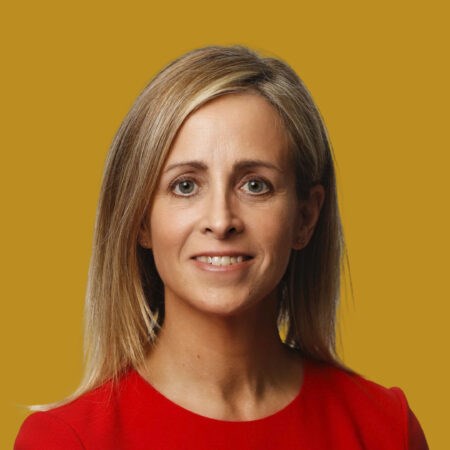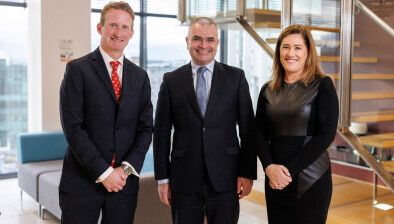MHC: Irish organisations lack understanding of new EU sustainability reporting rules

Claire Lord
Nearly four in 10 organisations in Ireland do not know if they fall under the scope of the new Corporate Sustainability Reporting Directive (CSRD), according to a survey by Mason Hayes & Curran LLP.
The business law firm polled more than 100 business leaders at its recent ‘Sustainability Reporting – Compliance and Beyond’ webinar.
The event provided an overview of the scope of the CSRD — which is expected to come into force in Ireland by June 2024 — and its reporting requirements and, crucially, provided practical guidance on how to kickstart or improve a company’s sustainability reporting strategy.
Jay Sattin, senior associate at Mason Hayes & Curran, said: “This legislation aims to harmonise and improve the nature and extent of environmental, social and governance (ESG) information which is made available to stakeholders.
“It will impose mandatory sustainability reporting requirements on approximately 50,000 companies across the EU and beyond. These include large ‘public interest’ undertakings, large undertakings, listed SMEs and certain non-EU undertakings which have a significant presence in the EU.”
The survey found that 79 per cent of respondents potentially fall under the scope of the CSRD (41 per cent confirmed they did, and 38 per cent did not know). However, the findings also show that the majority of organisations (72 per cent) do not currently report according to a sustainability standard or benchmark, with 45 per cent not reporting on sustainability at all.
Claire Lord, partner at Mason Hayes & Curran, said: “Our survey highlights that there is still work to be done by organisations around understanding the scope of the CSRD.
“The directive will be rolled out gradually so organisations will have time to prepare for its requirements, but it is important that in-scope companies start to allocate resources and take action now.
“We are proactively working with clients on training and workshops, conducting a gap analysis, developing formal governance structures and updating their policies and procedures to prepare for the new regime.”
Insufficient expertise is seen as the biggest barrier to sustainability reporting (34 per cent), followed by allocating sufficient resources (31 per cent) and establishing governance frameworks (27 per cent).









